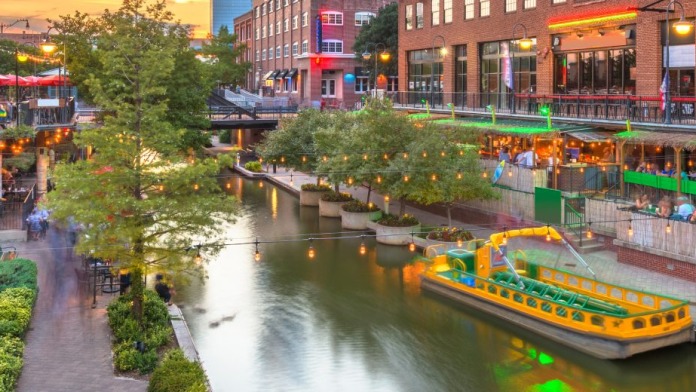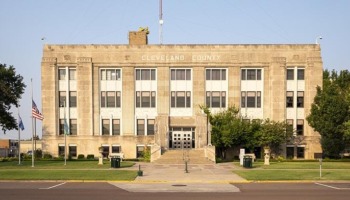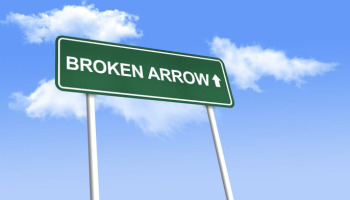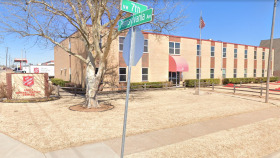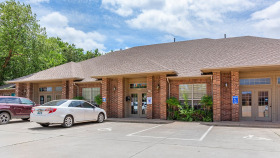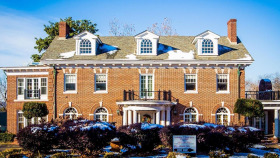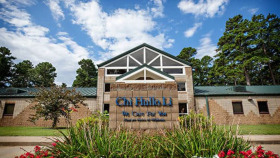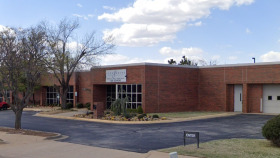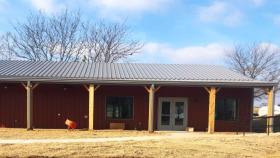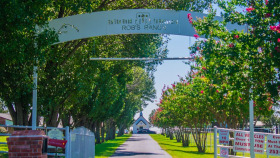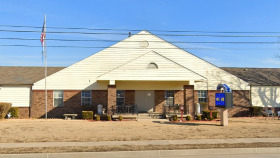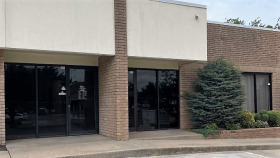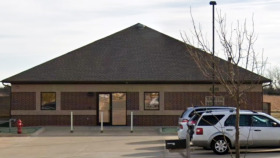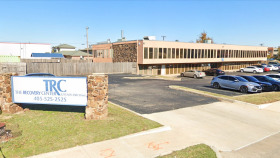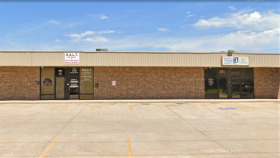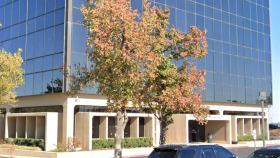Expert Insights
When I worked in Oklahoma in a substance abuse treatment program at a large hospital, I saw people returning to treatment frequently. Some didn’t make it back due to high mortality rates. New treatment approaches were needed.
When the opioid crisis became national news, medically assisted treatment became a life saver. Combining traditional therapies with medication is now the industry standard in the treatment of many types of addictions.
Thankfully, large hospital systems have the funding to conduct research and develop new approaches to addressing the onslaught of new substances.
Sometimes I feel like it is a Whack-A-Mole job, and according to the Oklahoma State Department of Health, fatal drug overdoses have been increasing every year, but hope wins. As new substances emerge, we will continue to fight to save lives.
~ Mary Jo Fleming, PhD
How Much Does Drug Rehab Cost in Oklahoma?
Oklahoma is ranked 5th nationwide in terms of addiction treatment affordability, with an average cost of drug and alcohol rehab of $54,475 (without insurance).
- Medical detox is the most expensive, with an average cost of $134,301
- Inpatient drug rehab in Oklahoma costs an average of $48,071
- Outpatient addiction treatment in Oklahoma costs and average of $7,988
- Outpatient methadone treatment is the most affordable, with an average cost of $7,097
How to Pay for Drug Rehab in Oklahoma
As of 2024, there were over 210 drug rehab facilities across the state of Oklahoma. These facilities accept several payment methods. Of those treatment facilities, the following numbers reflect how many accept their respective payment methods:
What Are Low-Cost and Free Drug Rehab Options?
There are no state-operated drug or alcohol rehab centers in Oklahoma.
The state oversees the certification of Certified Community Behavioral Health Clinics (CCBHC). These centers are privately operated and meet standards of care set by the state for addiction treatment. The CCBHC provides services regardless of the patient’s ability to pay.
Some facilities in Oklahoma have free, low-cost, and sliding-scale programs for people who cannot otherwise afford care. You may also be able to arrange a payment plan to spread your costs out over time.
Private Pay and Insurance
According to the Affordable Care Act, signed into law in 2010, substance use disorders must be a covered benefit at the same parity of medical and surgical coverage for most insurance providers.
There are many major commercial health insurance carriers in the state of Oklahoma. As of 2024 there were 7 insurance companies offering plans on the Insurance Marketplace. Commercial insurance providers include:
UnitedHealthCare
Addiction treatment is covered through UnitedHealthCare. Benefit plans differ, so individuals will need to check their explanation of benefits (EOB) summary to find out what are covered services and what the out-of-pocket cost will be.
Individuals or family members can call the UHC toll-free helpline for information regarding treatment options, provider directory and resources in their community. They can also get support if they or someone they love is in crisis.
Aetna Better Health of Oklahoma
Aetna Better Health of Oklahoma covers substance use disorder treatment. Coverage and out-of-pocket expenses depend on the individual’s benefit plan. These services include inpatient and outpatient treatment, online and in person counseling services, and case management. Medication assisted treatment using Suboxone, Vivitrol or methadone may also be covered. Prior authorization and prior notification for some services is required for coverage.
Cigna
Drug and alcohol addiction recovery programs are a covered benefit with Cigna. These services may include inpatient and outpatient treatment options, counseling and case management. The covered services are based on the individual’s benefit plan and may need prior authorization. Individuals should check their benefits plan or call the insurance company to determine coverage and what the out-of-pocket cost will be.
Medica
Medica covers substance use disorder treatment but the amount of coverage and coverage stipulations depend on what type of policy an individual holds. Medica offers insurance through employers, through the marketplace and as a Medicaid service. Individuals should check with their provider to determine coverage and out-of-pocket expenses. As well, prior authorization may be needed prior to seeking any treatment or services. An additional benefit includes a 24/7 nurse call line where licensed professionals can assist individuals with finding the resources they need.
Blue Cross Blue Shield of Oklahoma
BCBS of Oklahoma offers insurance through employer sponsored plans, the marketplace- where individuals and families can purchase coverage plans, and Medicare. They cover alcohol and substance use disorder and follow the Affordable Care Act essential requirements for coverage. Covered services will depend on the type of policy. Individuals should contact their provider to determine what services are covered and what the out-of-pocket expenses will be. Prior authorization or referrals may be needed for some plans.
Medicaid
Oklahoma provides health insurance coverage for residents who meet certain criteria such as income level, state residency, be a U.S. citizen or national, adults with children under the age of 19, pregnant women, those with disabilities, women under the age of 65 and in need of breast or cervical cancer treatment, and those who are 19-64 years of age who are in need, but not eligible for Medicare. These Medicaid plans cover inpatient and outpatient substance use disorder treatment services at facilities that accept this type of insurance.
Prior authorization is often required for services. Participants should contact their insurance provider to determine what are covered benefits, what out-of-pocket costs they may incur and to help them locate providers that participate in the SoonerCare program.
Medicare
Medicare provides insurance coverage for individuals over the age of 65 and in some cases individuals with disabilities and certain disorders. Medicare Part A pays for inpatient substance abuse treatment. Clients are required to pay the same co-pays they would be charged for any other type of inpatient hospitalization.
For those with Medicare Part B, outpatient substance abuse treatment services from a clinic or hospital outpatient department are covered. Medicare Advantage plans can help pay for services such as prescription drug coverage that is not covered as a part of Part A or Part B. Services must be received at a Medicare participating facility or practice.
Military Insurance
TRICARE and VA benefits are accepted at participating providers throughout the state of Oklahoma. For those with substance use disorders, the Veterans Administration offers inpatient and outpatient services at their clinics and hospitals at no cost.
Tribal funding/programs
All individuals of Native American or Alaska Native descent are eligible for health care and Medicaid through the Indian Health Service (IHS). Addiction recovery programs are covered services. There are many programs located throughout Oklahoma, and include:
The Ponca Tribe Hope and Recovery Center offers adult men and women of Native American descent, inpatient residential treatment at their facility in Ponca City, Oklahoma. Clients must have a valid Tribal Certificate of Degree of Indian Blood (CDIB) to receive services. This program offers individual and group therapy, parenting classes, alcohol and substance use education, as well as, traditional and cultural activities.
The Osage Nation Treatment Center is a residential alcohol and substance use disorder treatment located within the Osage Nation, Oklahoma that provides services to Native Americans 18 years and older. This program offers culturally competent evidenced based treatment plans.
The Choctaw Nation of Oklahoma Recovery Center in Talihina, Oklahoma offers adults of Native American descent residential treatment for alcohol and substance use disorder. Individuals must have a valid Certificate of Degree of Indian Blood (CDIB). Those of Choctaw heritage can reside anywhere in the United States, while those of other tribal affiliations must reside in the Choctaw Nation reservation to receive services. Their program includes individual and group therapy, they follow a 12 step approach and offer relapse prevention services.
Resources
- America’s Health Rankings. (2021). Non-Medical Drug Use – Past Year In Oklahoma.
- Oklahoma Health Care Authority. (2022). Mental Health and Substance Abuse Services.
- Oklahoma State Legislature. (2021). Title 63. Public Health and Safety §63-2-401. Prohibited acts A – Penalties.
- Oklahoma Mental Health and Substance Abuse. (2022). Oklahoma Drug Courts.
- Oklahoma State Department of Health. (2022). Naloxone.

